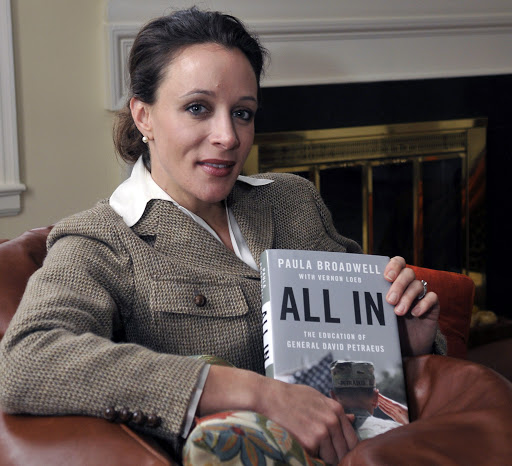Saving everybody takes a man on a mission with a swagger that can set the world at ease

Speaking of people who say they want a “conditional” withdrawal from Afghanistan and mean that the U.S. should never leave Afghanistan because the conditions will never, ever be met, Mr. Fred Hiatt, everyone:
After a brief and seemingly halfhearted effort at diplomacy, Mr. Biden has decided on unconditional withdrawal, a step that may spare the United States further costs and lives but will almost certainly be a disaster for the country’s 39 million people — and, in particular, its women. It could lead to the reversal of the political, economic and social progress for which the United States fought for two decades, at a cost of more than 2,000 American lives and hundreds of billions of dollars. And, according to the U.S. intelligence community and a study commissioned by Congress, it could allow al-Qaeda to restore its base in Afghanistan, from which it launched the attacks of Sept. 11, 2001.
The fundamental problem with this line of argument is that it requires accepting the fundamental assumptions of people who have been wrong about every pertinent foreign policy question since 2001. The whole point of the surge ordered by Obama and Saint Petraeus was to create a stable state that could stand up to the Taliban. The strongest supporters of this approach are now telling us that it was a total failure, but more intervention will totally do the trick this time. Yeah sure.
Anyway, I would recommend that Hiatt consult the news pages of the, er, Washington Post, which revealed extensive internal documents showing that the Pentagon has known that this trillion dollar war was unwinnable for more than a decade and has lied about making progress to justify perpetual occupation. To think the military brass deserves the benefit of the doubt after this is really remarkable stuff.
Fortunately, the war on malarkey has been fully joined:
But Mr. Biden’s decision makes clear his belief that contending with a rising China takes precedence over the idea that with just a few more years in Afghanistan, and a few more billions of dollars, the United States could achieve with a few thousand troops what it could not achieve with hundreds of thousands and the more than $2 trillion already poured into two decades of warfighting and nation building.


